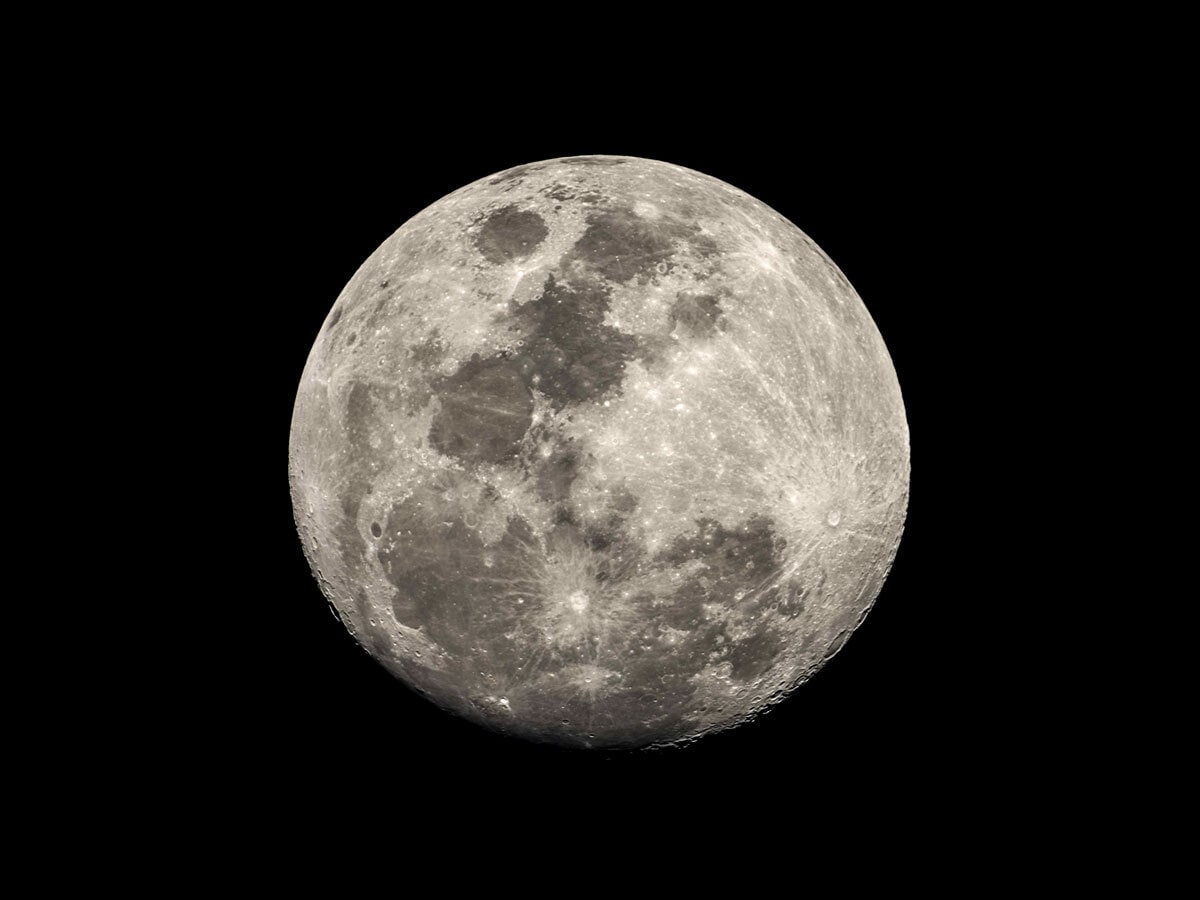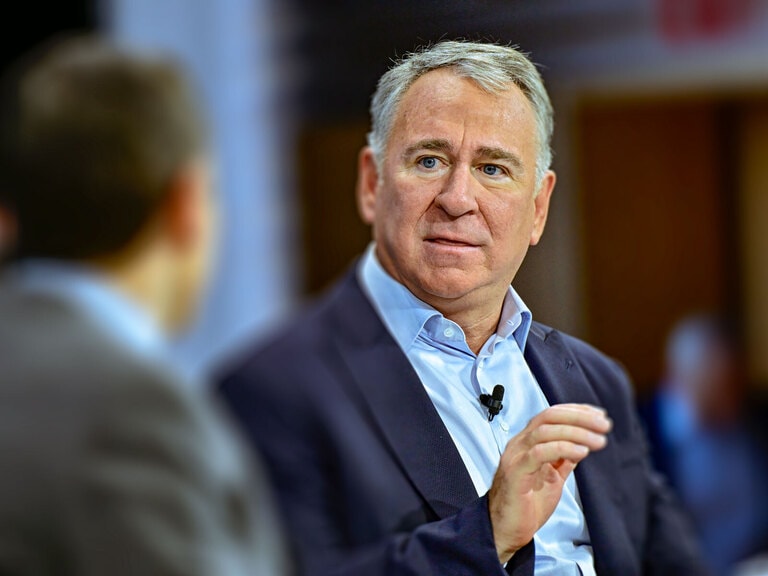Space stocks will often take to the skies after successful launches, and crash back down to earth when launches fail. Nevertheless, here are three stocks to keep an eye on as India joins the space race and space tourism takes off.
Space Stocks to Invest In
- Linde India has experience helping the Indian Space Research Organisation launch satellites.
- Rocket Lab is building a SpaceX Falcon 9 competitor.
- Virgin Galactic flew tourists to the edge of space for the first time in August.
Linde India
The Indian Space Race Stock
Linde India [LINDEINDIA.NS] saw its share price rocket 12.7% last week, fuelled by the successful landing of the Chandrayaan-3 rover on the moon’s south pole, a global first that marked India’s entry into the space race.
Linde India is one of 13 companies that supply equipment to the country’s space industry, according to data compiled by Bloomberg. Back in 2014, the industrial gas firm helped the Indian Space Research Organisation launch a 2-tonne communication satellite into geostationary orbit 36,000km above the earth’s surface by providing cryogenic fuels for the rockets.
Outside of the space industry, Linde India was awarded a contract from the Indian Oil Corporation (IOC) on 23 August, which lifted its share price to an all-time high. Linde India will be responsible for enabling the onsite production and supply of critical gases, including cryogenic nitrogen, to support the IOC in increasing capacity at its refinery.
Rocket Lab
The SpaceX Challenger Stock
Rocket Lab [RKLB] may be an unfamiliar name to investors outside of the space theme, but the rocket-building company hopes to be a worthy challenger to Elon Musk’s SpaceX.
The aerospace manufacturer, founded by New Zealand entrepreneur Peter Beck, reported that “significant milestones” had been met in the development of its Neutron rocket in the second quarter (Q2). This includes the completion of a second-stage tank for the rocket and the construction of a stand for cryogenic tank tests. The target launch price for the Neutron is $50m, compared to the $67m advertised for SpaceX’s Falcon 9, Rocket Lab’s CFO Adam Spice told a Bank of America event back in March.
Following the financial collapse of Virgin Orbit earlier this year, Rocket Lab acquired the company’s 144,000-square-foot manufacturing facility in California to accelerate the production of its Neutron rockets.
Virgin Galactic
The Space Tourism Stock
Virgin Galactic [SPCE] successfully flew tourists to the edge of space in early August in its VSS Unity plane. The next commercial space mission, Galactic 03, is set to launch in September.
The nature of the space launch business means that Virgin Galactic is still unprofitable. Sales were about $2m in Q2 2023 — mostly the result of advance sales of commercial spaceflight astronaut membership fees — while revenue is forecast to be approximately $1m in Q3 and Q4. It spent $125.3m in cash in the three months to the end of June, up from $86.9m year-over-year.
The company’s long-term growth will likely depend on how accessible tickets to board a space flight are, and, perhaps more importantly, how quickly it can accelerate the number of commercial flights taking off. CEO Michael Colglazier told CNBC earlier this year that two or three flights will probably be needed in order to discover “how to turn the ship on a consistent basis” before a monthly cadence can be achieved.
Another Way to Invest in Space
Procure Space ETF
ETFs, or exchange-traded funds, offer an economical and diversified way to invest in a variety of stocks within a particular theme.
The ARK Space Exploration and Innovation ETF [ARKX], which holds Rocket Lab, allocated 41.3% of its portfolio to aerospace beneficiaries as of 30 June. Enabling technology accounted for 29.4%, while orbital aerospace and suborbital aerospace had weightings of 20.3% and 8.7%, respectively. The fund is up 0.6% in the past year through to 29 August, and up 4.38% in the past six months.
The Procure Space ETF [UFO], which currently holds both Rocket Lab and Virgin Galactic, the former in its top 10, had allocated media and communications 48.43% of its portfolio as of 30 June. Industrials accounted for 35.63% and technology 10.40%, while consumer discretionary and materials had weightings of 4.86% and 0.68%, respectively. The fund is down 12.59% in the past year and 8.39% in the past six months.
Continue reading for FREE
- Includes free newsletter updates, unsubscribe anytime. Privacy policy





